Trump vows quick meeting with Putin to end Ukraine war
- Update Time : Wednesday, January 15, 2025
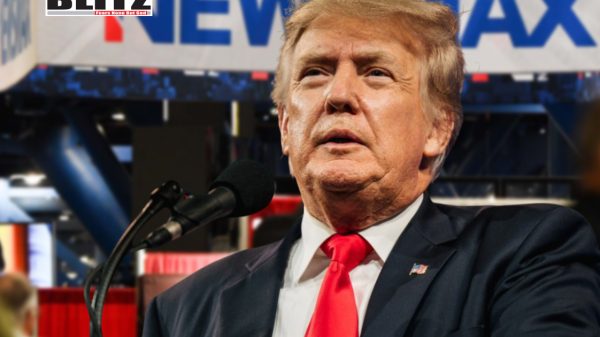
President-elect Donald Trump has announced his intention to meet Russian President Vladimir Putin shortly after his inauguration on January 20. In an interview with Newsmax on January 13, Trump emphasized his commitment to resolving the ongoing conflict in Ukraine, a central theme of his campaign rhetoric. He accused outgoing President Joe Biden of “gross incompetence” in managing the crisis and reiterated his belief that he could end the war swiftly.
During the interview with Newsmax host Rob Schmitt, Trump outlined his approach to addressing the Ukraine conflict. When asked about his plan, Trump asserted that the resolution ultimately depends on Putin. “There is only one strategy, and it’s up to Putin,” he said, hinting at direct negotiations with the Kremlin. Trump suggested that Putin may not be satisfied with the current trajectory of the conflict, remarking, “I can’t imagine he’s too thrilled with the way it’s gone, because it hasn’t gone exactly well for him either.”
Trump expressed confidence in his ability to foster dialogue, adding, “I know he [Putin] wants to meet, and I’m going to meet very quickly. I would have done it sooner, but you have to get into the office first.” This statement reinforces Trump’s long-standing belief in personal diplomacy, which he claims could bring an end to hostilities within 24 hours.
Throughout his campaign, Trump repeatedly promised to end the Ukraine conflict swiftly and to halt what he termed “multibillion-dollar US funding of the government in Kiev.” He criticized the Biden administration for prolonging the war by providing extensive military and financial support to Ukraine. Trump’s message resonated with a segment of the American electorate weary of foreign entanglements and rising defense expenditures.
However, since winning the election, Trump and his transition team have tempered expectations, acknowledging that a resolution may take several months. While Trump’s rhetoric remains optimistic, his advisers have cautioned that the complexities of the conflict, including longstanding geopolitical tensions and deeply entrenched positions, will require more time to address.
In the Newsmax interview, Trump was unsparing in his criticism of Biden, accusing the outgoing president of mishandling the crisis. “This was gross incompetence. That’s the only reason this war has taken place,” Trump stated. He argued that Biden’s failure to engage diplomatically with Russia and NATO’s continued expansion in Europe exacerbated tensions, ultimately leading to the conflict.
Biden, for his part, defended his administration’s actions during a speech at the Department of State on January 13. He cited the international coalition he rallied to support Ukraine as a significant foreign policy achievement. “I had two jobs – one to rally the world to defend Ukraine, and the other is to avoid war between two nuclear powers. We did both those things,” Biden declared.
Biden also framed Ukraine’s resistance as a testament to its sovereignty and future potential. “Ukraine is still a free, independent country, with a potential for a bright future,” he said, adding that the incoming Trump administration must “protect the bright future of the Ukrainian people.”
The Kremlin has welcomed Trump’s pledge to engage in dialogue but has underscored the need to address the root causes of the Ukraine conflict. According to Russian officials, these causes include NATO’s expansion eastward and what they perceive as systemic discrimination against ethnic Russians in Ukraine.
A Kremlin spokesperson emphasized that Moscow is open to discussions that could lead to a durable resolution. However, they also accused the Biden administration of deliberately escalating tensions to justify a “proxy war” against Russia. This perspective reflects the Kremlin’s broader narrative, which portrays Western involvement in Ukraine as an existential threat to Russia’s security and sovereignty.
While Trump’s commitment to diplomacy has been met with cautious optimism by some, his approach faces significant challenges. For one, the conflict in Ukraine is deeply rooted in historical, cultural, and political complexities that cannot be resolved through a single meeting or phone call. Moreover, Trump’s critics argue that his willingness to negotiate directly with Putin could embolden Russia and undermine Ukraine’s sovereignty.
In addition, Trump’s pledge to curtail US military and financial aid to Ukraine has raised concerns among European allies, who fear that a diminished American role could destabilize the region further. NATO Secretary-General Jens Stoltenberg recently reiterated the alliance’s commitment to supporting Ukraine, warning that any reduction in support could embolden Russian aggression.
Despite these challenges, Trump’s emphasis on dialogue marks a stark departure from the Biden administration’s approach, which focused on strengthening Ukraine’s defensive capabilities and isolating Russia economically. Whether Trump’s strategy will succeed remains to be seen, but his insistence on direct engagement highlights a broader debate about the role of diplomacy in resolving modern conflicts.
Trump’s promise to meet Putin “very quickly” signals a potential shift in US-Russia relations, one that could have far-reaching implications for global geopolitics. As the world watches, the stakes are high not only for Ukraine and Russia but also for the future of American foreign policy and its role on the global stage.


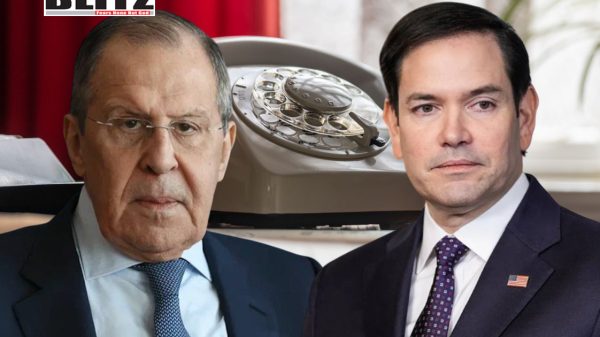
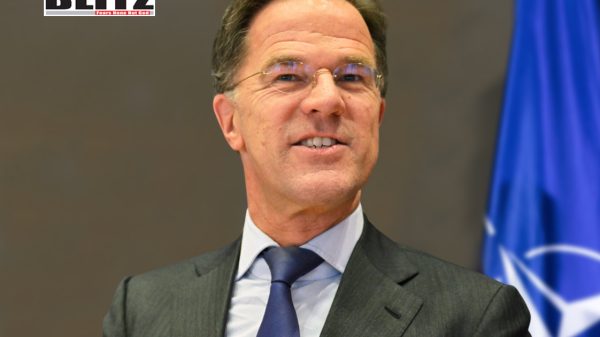
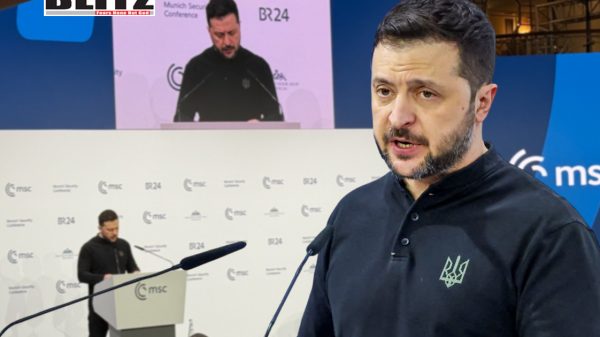
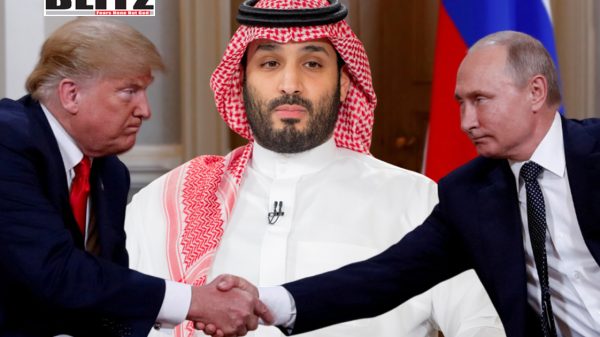
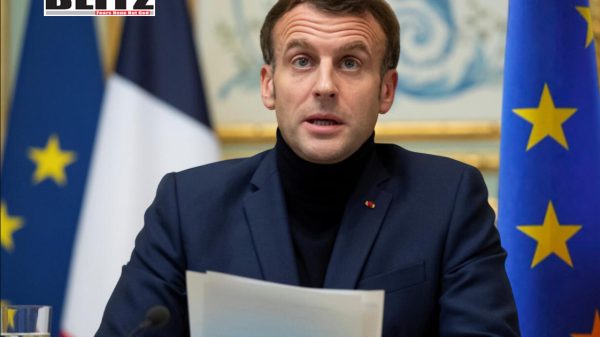
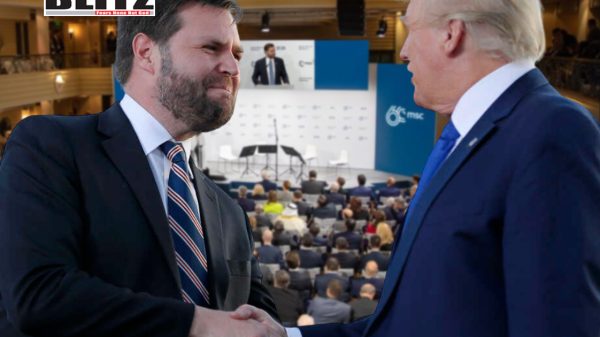
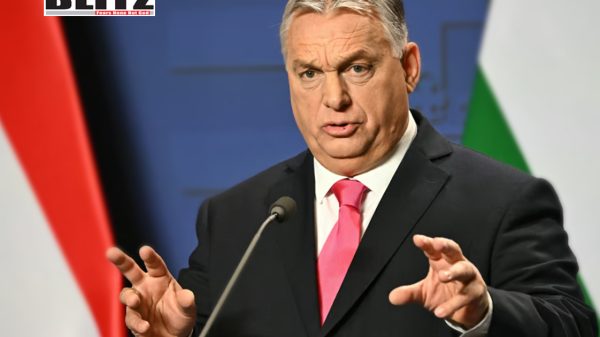
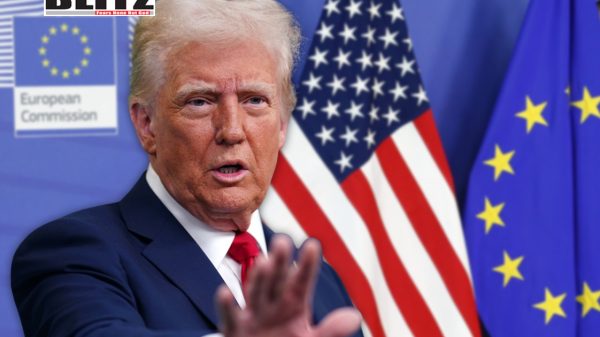
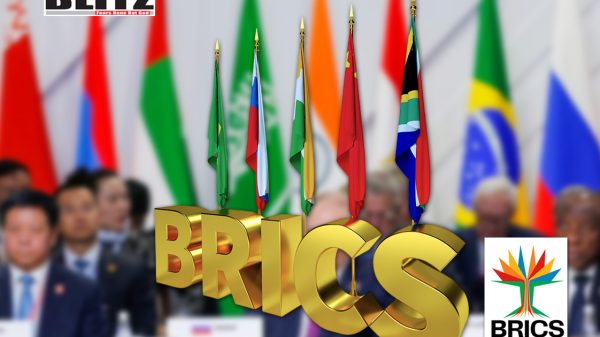


Leave a Reply